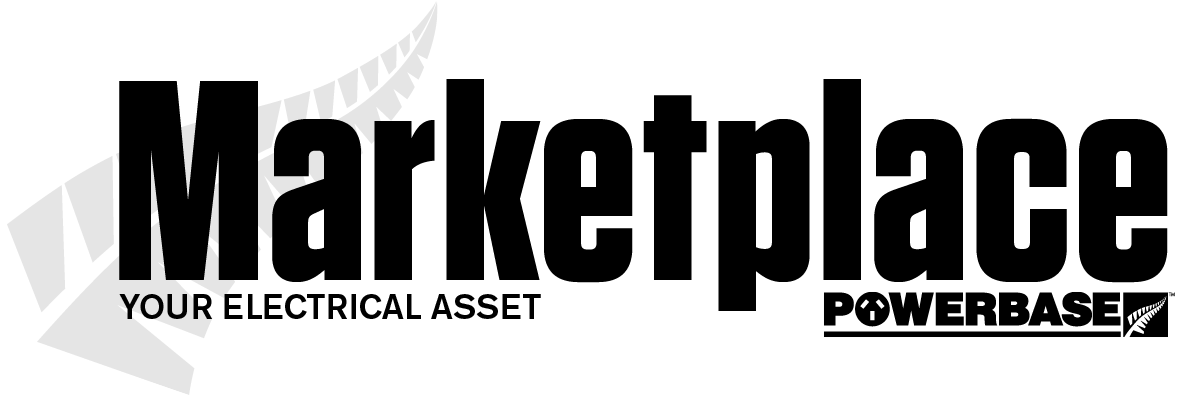During and after a disaster or emergency, employers and employees need to consider issues such as health and safety, emotional wellbeing and payment options.
If a natural disaster or other serious event happens, the health, safety and security of people should be the main concern of all employers and staff. This comes before thinking about the interests of the business or organisation. Employers and employees should remember to keep in regular contact and deal with each other
in good faith.
Pay and leave if an employee is not working after a natural disaster or emergency
If the workplace cannot be accessed, is closed, or is open but the employee is unable to work during a natural disaster or emergency situation, employers and employees should refer to their employment agreement, workplace policies and the specific circumstances to determine leave and pay.
Generally, if the situation is not covered under a lawful provision within an employment agreement or workplace policy, an employer is required to pay an employee who is ready, willing, and able to work, if work is not available through no fault of the employee. In these situations, it is important to act in good faith and apply common sense.
The workplace after a disaster or emergency
After a disaster:
- Always follow the advice of the Ministry of Civil Defence and Emergency Management – they’re the experts.
- Be careful, exercise care and good judgement at all times.
- If there’s damage to any buildings, be alert and cautious if you’re entering affected areas.
- Never enter areas cordoned off for safety reasons – you could put yourself or others at risk.
Building assessments and re-entry after a disaster
Following a flood, earthquake, significant aftershock, or other natural disaster:
- It’s primarily the building owner’s responsibility to ensure that buildings are assessed to determine whether they have withstood the event and remain structurally sound (in accordance with the Building Act 2004).
Employers who occupy the building should follow the owner’s advice and be satisfied that the owner is performing their role. If an engineer or other competent professional advisor advises to not re-occupy the building, the building should not be re-occupied.
Workplace and employment changes during or after a disaster
Employers cannot make changes to your employment agreement
An employer cannot make changes to your employment agreement, including hours of work, wages or salary, or make you do tasks that are unrelated to your job, without talking to you in good faith and you agreeing to it. All changes to an employment agreement must be made in writing and agreed between both parties.
Employees made redundant
Any proposal that involves redundancy must be consulted in good faith and comply with other employment law obligations, including doing what your employment agreement says.
In some situations, such as financial, commercial or economic problems, or a genuine need to restructure the business (for example, moving to an online environment rather than a shop front), an employer may consider workplace change. This may include changes to an employee’s job description, a change to when or how work is done, or reducing an employee’s hours or wages. However, an employer should consider other alternatives first. Redundancy should be the last option and only be considered if there are no suitable alternative arrangements, following a good faith process.
Read more here


